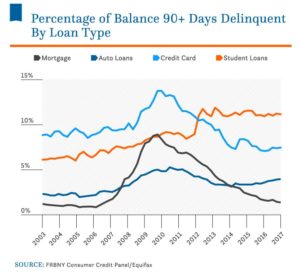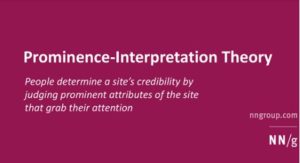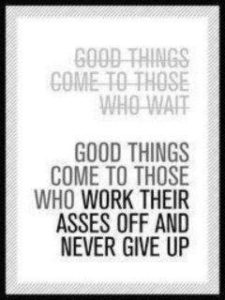My accountant forwarded me this from Andreyev Lawyers:
When was the last time you posted a letter, printed out a photo, rang up your share broker, or visited a bank branch? Chances are, not that recently. This is because more and more of our lives are spent online, and hanging off digital cloud services.
But what would happen if you lost mental capacity or died? While your physical life may be well provided for, chances are your digital life is seriously at risk.
It is critical that you plan ahead so that access to your digital property, your passwords, online accounts and electronically-stored pictures and information can continue if you become incapacitated or die. By planning ahead, you can ensure full access to your digital property for your family and business partners. This will keep administration costs down, and ensure your valuable and significant digital property is protected.
Compared with physical property, the digital property has five additional and significant obstacles for your family and your legal personal representatives to overcome:
Passwords;
Account ownership and licensing;
Data encryption;
Laws regarding unauthorised access to computers and data services; and
Data privacy laws.
These obstacles can make it almost impossible for someone to access your digital property, even if you intend for them to be able to. You need to plan ahead.
How can you plan ahead?
Step 1: Make a list of all your digital assets and store a hard copy with your Will.
Regularly update this list of assets, accounts and passwords.
Step 2: Check the terms of the service agreements for each of your accounts.
You are looking to see if the terms specify what happens to the account on your death, to see if you actually own anything your beneficiaries can inherit. Many services only offer a limited ‘use right’ while you are alive.
If the service provides you with an option to ‘memorialise’ your account after death (e.g. Facebook), ensure your executors know your wishes and any particular message you would like to leave to friends or followers.
Step 3: Make a list of your important passwords, online accounts and digital property.
Specify what should be done with each item on your list if you become incapacitated or die. Keep your list up to date, store it in a secure location, and let your family and legal personal representatives know how to access it.
Step 4: If you store valuable or significant digital property in the cloud, back up your data to a local computer or local storage device on a regular basis.
Your legal personal representatives and family will be able to access the local device without having to deal with third parties who will be bound by privacy and data protection laws.
Step 5: Work with us to update your Will, Enduring Power of Attorney and other estate planning documents to address digital property.
At a minimum, this means your estate planning documents should:
Specify your wishes about the distribution or deletion of your digital property;
Provide your consent to divulge the contents of your electronic communications to your legal personal representatives;
Authorise your legal personal representatives to access your computing devices, storage devices, accounts, and data; and
Permit your legal personal representatives to bypass, reset or recover your passwords on your computing devices and to decrypt your encrypted data, if desired.
What should you do with your master passwords and codes?
You don’t have to list your passwords in your estate planning documents. This would be a serious security risk. Instead, store your passwords securely and let your legal personal representatives know how to access them. We are able to store your top-level passwords and codes securely and in a manner that will only allow access should you become incapacitated or die.







